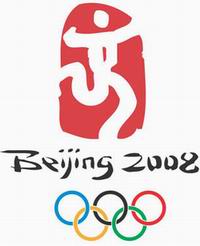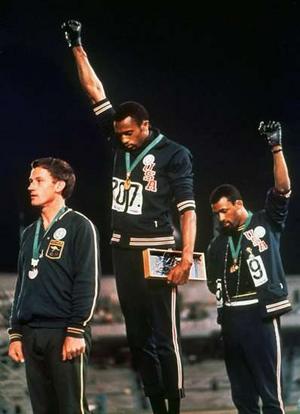
When did the Olympics start? I think it was a few weeks back but it’s starting to feel like months.
I have to admit that I watched a fair bit of the opening ceremony but since then I’ve just seen updates in my news feeds or on telly. I’ve never been a big Olympic Games watcher but I think I’ve seen less than ever this time around and I think I know why.
The format is tired.
Yes, there have been new sports added over the years and some older, less interesting sports removed, but it’s essentially been the same for such a long time.
The ancient Olympic Games were held from the 8th century BC to the 4th century AD. After that the idea was pretty much rested until Baron Pierre de Coubertin founded the International Olympic Committee (IOC) in 1894. Sure, there were a few attempts at reviving some sort of games related to an Olympic theme along the way but they didn’t really come to much.
I reckon it’s time to freshen things up. Let’s create a mashup of the Olympics and MasterChef.
MasterAthlete. I think it’s got a great ring to it and the possibilities are endless.
We’d start with three judges including two professional athletes and an acclaimed sports writer. Then hundreds of amateur athletes would battle it out for the honour of becoming MasterAthlete 2016. The MasterAthlete would win $250 000 and the opportunity to train alongside some of the greatest professional athletes in the world. They’d also be given a monthly column in Muscle & Fitness Magazine.
Contestants would talk endlessly about their ‘sports dream’ and about ‘doing this for their family’ (even though the competition would mean they’d have to be away from their family for several months). They’d talk about the pressure and just how far they’d come on their personal ‘athlete journey’.
Week by week the black active wear would come out as contestants fought to stay in the competition during the elimination rounds. The very best would be dressed in white active wear and compete against a professional athlete for an immunity pin which would entitle them to a generous head start in their next race.
The mystery box would bring added excitement as the athletes would have no idea what sport they’d have to compete in until the box is lifted. “When the lid came off and I saw the speedos, I was terrified. My specialty is weight lifting, so to know that I’d have to go up against the others in the pool really set my heart racing.”
We’d shed a few tears as our favourites left the competition because they’d left an element out of the triathlon. “It wasn’t until we got to the finish line that I looked around at the other contestants in their clip cloppy shoes and realised …… I’d forgotten to do the cycle leg”.
Imagine contestants arriving in the Master Athlete stadium to hear the judges tell them that they had to go from one side of the city to the other. “You’ve got an open sports locker. Get there any way you like. You can combine swimming, cycling, jogging or canoeing, but remember that in today’s challenge, running must be the hero of the event. Your time starts …… now”.
So there’s the basic concept but I think we need to push it just a little further. What other ways can you think of to create MasterAthlete? Let me know in the comments section of this post. I think we’re onto a real winner.
Do you think some of your friends would enjoy reading MasterAthlete? Please use the buttons below to share the post. Thanks.


 The opening ceremony is in full swing and Olympic Games for 2008 are finally underway.
The opening ceremony is in full swing and Olympic Games for 2008 are finally underway. It’s one of the most powerful images of our time.
It’s one of the most powerful images of our time.